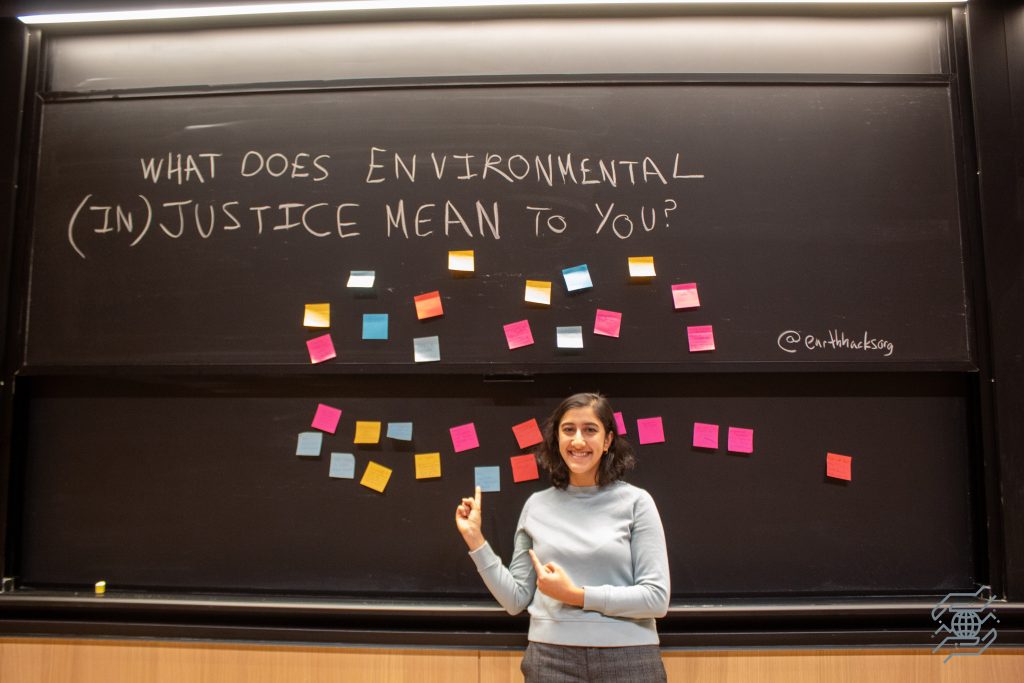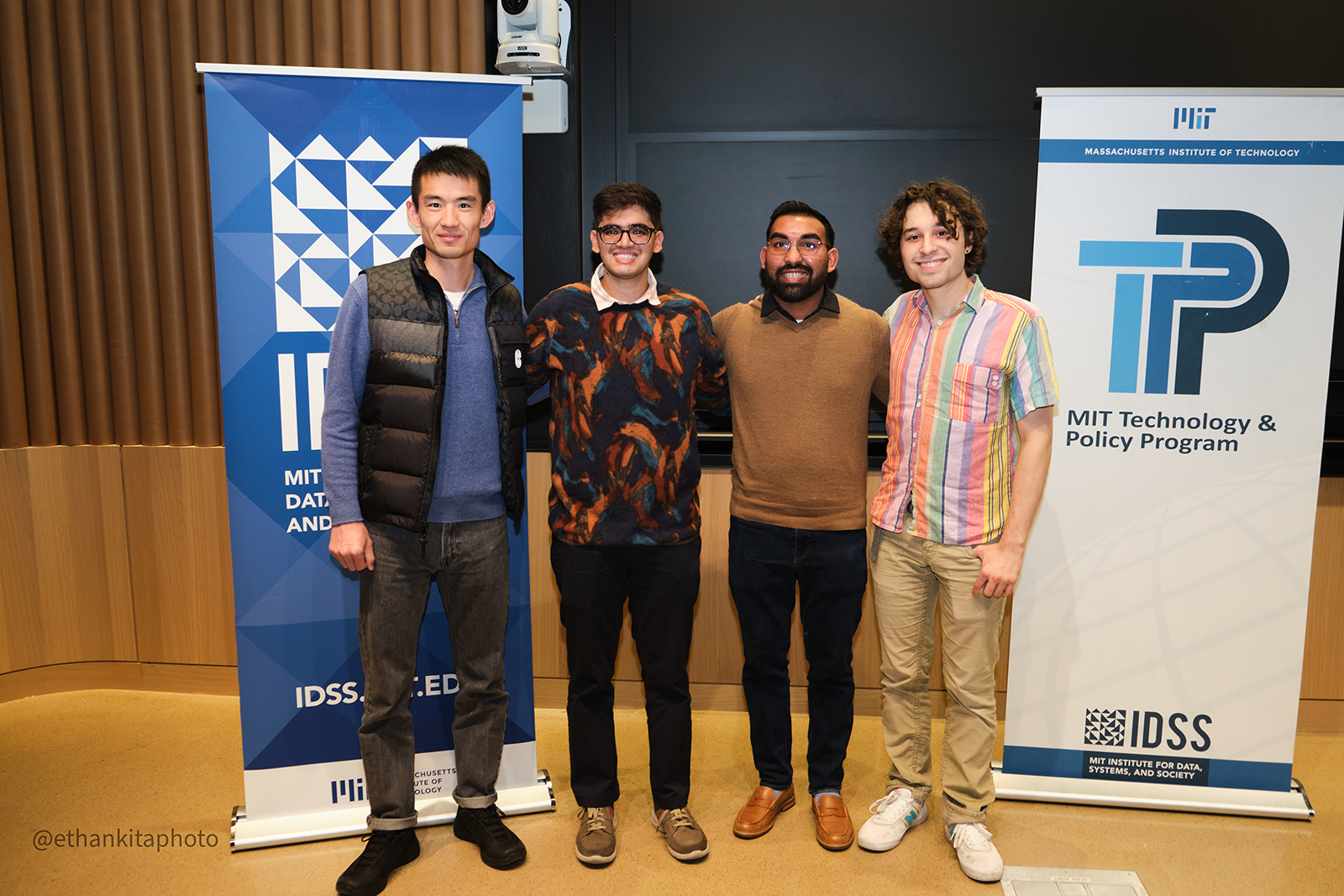
Climate resilience in Massachusetts
This year’s IDSS student-run MIT Policy Hackathon challenged teams to help the Commonwealth mitigate the impacts of flooding on low-income communities.
IDSS students from the Social and Engineering Systems (SES) PhD program and the Master’s-level Technology and Policy Program (TPP) organize the annual MIT Policy Hackathon, a weekend-long event that challenges teams to develop and propose data-informed policy solutions to real challenges sponsored by organizations from different sectors.
This year, one of the challenges focused on local climate change risk, with a particular emphasis on impacts to some of Massachusetts most vulnerable communities. Sponsored by the Commonwealth of Massachusetts Executive Office of Energy and Environmental Affairs (EEA), in partnership with the Office of Climate Science (OCS) and the Department of Conservation and Recreation (DCR), the challenge was titled ‘Integrating Climate Resilience into Massachusetts Infrastructure and Land Use: A Water-Smart Approach to Equitable Growth.’
“Massachusetts faces significant climate risks, including increased flooding, droughts, and water infrastructure challenges,” reads the challenge brief prepared by the sponsors. “These risks threaten critical housing and water infrastructure … essential for public safety, economic stability, and the well-being of communities across the state. Vulnerable communities, particularly those facing housing and water affordability and access issues, are often the most impacted.”
The challenge for teams was to propose policy solutions that not only support water-smart growth in MA that is resilient to climate risks, but also to ensure equitable outcomes, particularly for low-income and underserved communities. To help develop these proposals, teams had access to multiple data sets across 4 categories:
- Climate, including projected temperature and precipitation statistics, floodplain maps, and environmental risk assessments
- Equity, including housing demographic data and information on groups identified as ‘environmental justice populations’
- Water Resource Availability, such as watershed capacity and protected drinking water locations
- Water Infrastructure, including spatial data on sewers and storm drains
“By addressing this challenge, Massachusetts has the opportunity to set a new standard for how state governments and local communities can collaborate to create equitable water-smart growth strategies that protect all residents in the face of climate change,” say the challenge sponsors.
The winning team, dubbed ‘HydroHomies,’ was composed of biomedical informatics researcher Bingrui Li, science policy researcher Kush Patel, and two quantitative traders: Andrew Bogdan and Tejas Saboo, who is now a biomedical cancer researcher. Their policy proposal focused on leveraging the success of the Local Initiative Program (LIP), a state program that provides technical assistance to incentivize affordable housing development, to promote broader water-smart development practices.

First, the team suggested using the available data to identify development zones that are “proactive” areas conducive to water-sustainable development, as well as “reactive” areas prone to the adverse impacts of climate change. Second, they recommend including a water readiness assessment as a component in awarding grants to affordable housing developers, and detailed a methodology using water availability and climate predictions. This approach makes the connection between water-smart growth and equity more explicit to ensure that all communities are prepared for the future.
The team provided additional suggestions for improvement of their proposal, such as the inclusion of additional data on water use, population, and even pollution. They are engaging with the Massachusetts Office of Energy and Environmental Affairs to improve the policy memo, and have been invited to present the proposal to the Massachusetts Water Resource Commission in 2025.
“Our team enjoyed the hackathon,” said Saboo. “The experience has actually inspired me to apply to graduate programs that integrate quantitative analysis, social science, and policy design to continue similar work.”
The MIT Policy Hackathon was sponsored in part by the MIT Center for Sustainability Science and Strategy (CS3), co-organized by CS3-affiliated SES student Albert Chen, and included CS3 Deputy Director C. Adam Schlosser as a judge.



